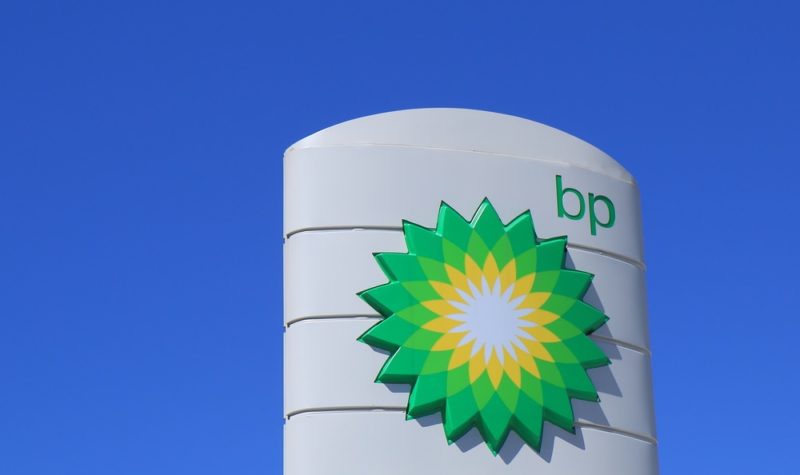Can the Shell and BP share prices recover after underperforming the FTSE 100?

Robert Stephens, CFA, discusses the outlook for the UK’s two oil majors after a disappointing year.
The performances of BP (LON: BP) and Shell (LON: RDSB) have been hugely disappointing over the past year. While the FTSE 100 index has surged by around 10%, the share prices of the two oil and gas majors are down by 12% apiece.
A key reason for their underperformance of the index could be concerns about their reliance on fossil fuels. Covid-19 appears to have accelerated the trend towards cleaner forms of energy, as well as increasing the popularity of ESG investing.
Oil and gas prospects
However, the prospects for the oil and gas industry may be more positive than the share price performances of Shell and BP would suggest. Certainly, demand for oil and gas will decline over the coming decades, as major economies, including the UK, target net-zero emission targets. However, in the short run, the outlook for oil and gas could be encouraging for two reasons.
First, the global economy is widely forecast to deliver strong growth in 2021 and 2022. According to the IMF, it is expected to grow by 6% this year and 4.4% next year. Historically, oil prices have been positively impacted by buoyant economic performance. The asset may even become more popular among investors who are searching for an inflation hedge should economic growth cause a rapid rise in the price level.
Second, the adoption of cleaner forms of energy is likely to be an evolutionary process, rather than a revolution. There is no guarantee that current targets, which are ambitious in many cases, will ultimately be met. Indeed, the International Energy Agency (IEA) forecasts that demand for oil will be 4.4% higher in 2026 than it was prior to the pandemic. Alongside this, the shift within the energy sector from fossil fuel to low-carbon assets may mean that the supply of oil is somewhat limited. This could have a positive impact on its price.
Attractive valuations
Shell and BP have ambitious strategies to pivot towards low-carbon assets over the long run. In reality, the cost, returns and ultimate success of those plans is likely to remain a known unknown for a prolonged period.
They could provide investors with high and sustainable returns over coming decades. Or they may leave both companies crippled with high levels of debt and asset bases that offer lower returns than have been previously available via fossil fuel assets. In this latter scenario, the ability of the two companies to deliver dividends or share price growth could be severely limited.
However, the valuations of the two stocks suggest that investors are factoring in a period of financial difficulty and risk as they embark on their strategy shift. Shell has a price-to-book ratio of 0.9 and a dividend yield of 3.5%, while BP trades at just a 20% premium to net asset value and offers a dividend yield of 4.8%.
These figures suggest that the two stocks offer wide margins of safety that may not reflect their potential to deliver improved financial performance should the oil price rise in the likely global economic recovery. They may also price in a failure to pivot towards low-carbon assets that does not materialise. As such, they could offer good value for money on a risk/reward basis relative to other FTSE 100 stocks in the current bull market.
What you don’t mention is that both Shell and BP are working hard on alternative energies in particular hydrogen. It could be that with their huge spending power they could be leaders in alternative energy, but are keeping their plans close to their chests at present
The old saying “never sell Shell”, for me has changed to sell Shell in 5 to 10 years, depending on how much money they waste on the “green” virtue signalling.